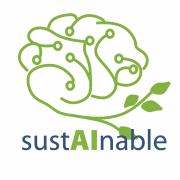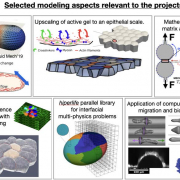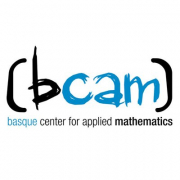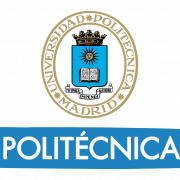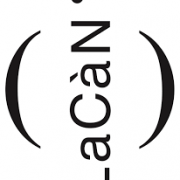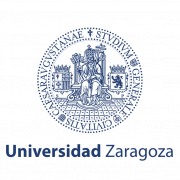Two post-doc positions at the University of Zaragoza
2 Postdocs position on physics-informed AI
In the context of the ESI Group-UZ Chair of the Spanish National Strategy on AI, we are looking for two highly skilled postdoctoral researchers to join the chair in the following two topics:
AI-powered mechanics of materials
One of the challenges of nowadays industry is to be able to accurately introduce the observed behavior of complex materials into high-fidelity simulations. In this framework, plasticity and damage play a fundamental role. Our thermodynamics-informed neural networks are an appealing choice for the incorporation of theoretical inductive biases to the learning process of complex constitutive equations including plasticity and damage.
Accelerating simulation by Artificial Intelligence
One of the biggest appeals of physics-informed neural networks relies in the possibility of developing learned simulators. Learned simulators are particular instances of simulation systems that are constructed not by discretization of the governing PDE—which may even be unknown—but by learning from data.
In this project, the objective is primarily to speedup complex parametric simulations. The typical example of such a simulation is a detailed crash test.
The successful candidates will join a dynamical and interdisciplinary team with a world-class network of collaborators towards:
• Creating the next-generation physics-informed AI techniques
• Develop advanced numerical methods and algorithms required to address cutting-edge scientific multidisciplinary problems
• Deploy state-of-the-art, open-source software that will be used on a daily basis by a wide range of researchers and industries around the world to advance science.
Required Qualifications
• Strong skills in phyton programming, preferably with a strong background in PyTorch
• Knowledge and previous experience in the development of physics-informed AI
• Ph.D. in computer science, computational mathematics, computational physics, or computational engineering.
• Experience and understanding of numerical methods for partial differential equations.
• Enthusiasm for programming, learning, problem-solving, and tracking other library trends
• Exceptional collaboration and communication skills, in particular in English
• Strong background in computational solid and fluid mechanics
• Experience in finite element programming
You will have access to state-of-the-art computing facilities, a generous travel allowance for conferences and specialized training, and will be given the freedom to develop your own ideas and collaborate within the group and with other groups. These positions are designed so as to allow you to grow your abilities as a research advisor, by directing and collaborating with our doctoral students, under the supervision of profs. Cueto, González and Alfaro.
Besides Skype interviews, it is possible to arrange on-site visits to the lab and the campus in Zaragoza.
The preferred starting date is June 2024 (or as soon as possible). We offer a two-year contract.
Interested applicants are encouraged to send a CV as soon as possible with a list of up to 3 references and a very concise statement describing your past research/technical experience and your interests. This and specific inquiries should be addressed to Elías Cueto ().

